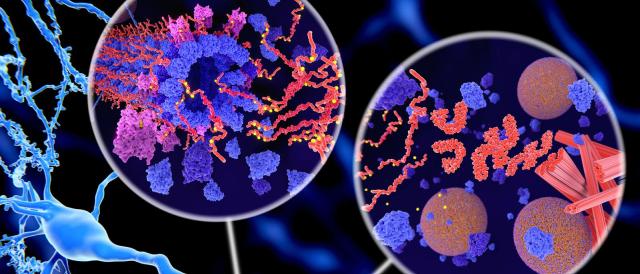
Breakthrough Computational Pipeline Revolutionizes Alzheimer's Biomarker Discovery
**Researchers at Columbia University** have made a significant breakthrough with the development of MR-SPI, a novel computational pipeline designed to identify protein biomarkers tied to complex diseases like Alzheimer's. This tool is a game-changer in the study of Alzheimer's disease, offering insights into disease mechanisms and potential therapeutic targets. **Published in Cell Genomics**, the study utilized the UK Biobank's extensive data and a genome-wide association study to discover seven key proteins linked to Alzheimer's risk. The uniqueness of MR-SPI lies in its efficiency, not requiring a large number of genetic instruments to determine disease-related proteins. When combined with AlphaFold3, an AI-based tool for 3D protein structure prediction, MR-SPI can predict structural changes leading to deeper insights into Alzheimer's and other diseases. This novel approach highlights the potential of drug repurposing, offering a new avenue for treatments. The MR-SPI pipeline could potentially be applied to various complex diseases, making it a significant stride in disease prediction and drug discovery.